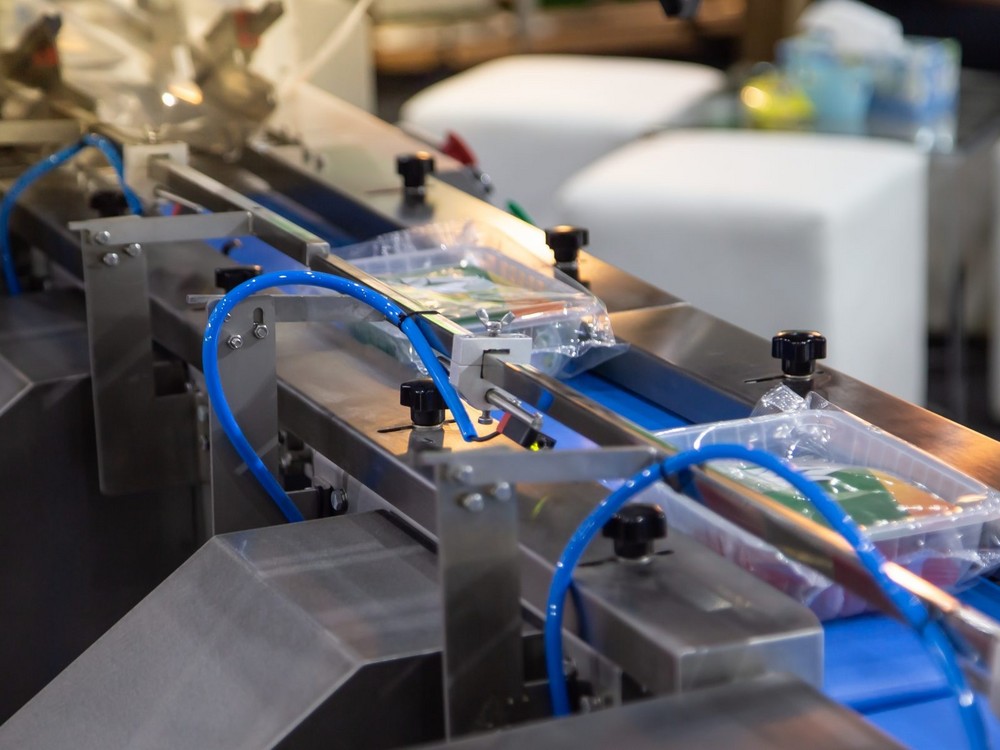When carbon impact becomes a differentiating argument

If he is curious, he may also have learned that the consumption of processed food represents 51% of the carbon impact of food.
We are convinced that the carbon impact will soon become a differentiating argument in the choice of a product. In the same way, if not more, than the nature of the packaging and its content of recycled raw material.
The agri-food industry must be able, very quickly, to explain why processed products have such an important carbon weight and to show how it works to significantly reduce its emissions. Otherwise, the consumer will naturally turn to raw products.
Geppia members, French manufacturers of process and packaging machines, have a role to play in reducing the carbon impact of processed food products. Together with their automation partners, they can improve flexibility, reduce water and energy consumption, and extend the life of their equipment.
Above all, they can co-construct collectively with end-users and on a scientific basis, precise life cycle analyses to:
accurately calculate the carbon impact, produced by product,
identify the most effective reduction options.
Eco-design of machines is one of the major themes to come within the Engineering Club of the Future led by Geppia. This meeting place where tomorrow’s production methods and equipment are invented is open to food manufacturers who so wish. All they have to do is apply to the Geppia.
* Source Commissariat Général au Développement Durable - The decomposition of the carbon footprint of France’s final demand by consumption stations: transport, food, housing, equipment and services - Author Manuel BAUDE - July 2022. 2017 figures


